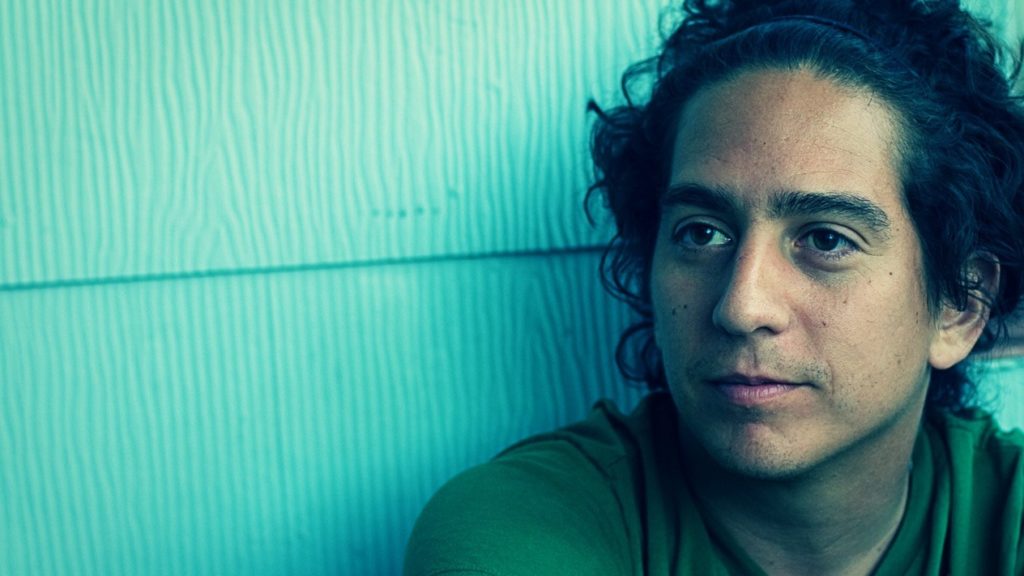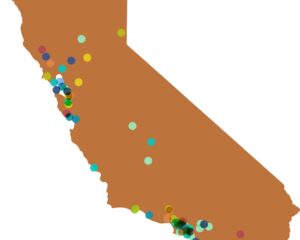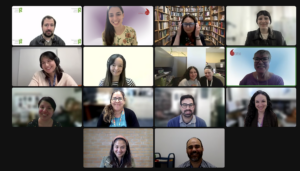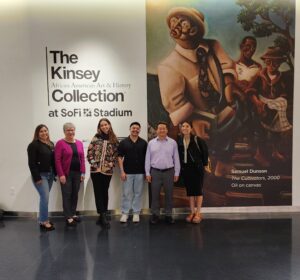In a democracy, all political battles, no matter the details, are about narrative: who tells the story of how we got here, and how do they shape it? The story itself is the battlefield.
What does a fictional South American country have to do with our current-day democracy? In Lost City Radio, a California Reads selected book, Daniel Alarcón explores the aftermath of a traumatic civil war in a fictitious South American country, raising questions about history and democracy that hold lessons for all Americans, north or south of the border.
Alarcón has been named one of The New Yorker’s “20 Under Forty” authors who capture the inventiveness and vitality of contemporary American fiction.
The following is an excerpt of a Q&A with Daniel Alarcón. You can read the full interview in our Lost City Radio discussion guide in English or in Spanish, or watch the video.
IN WHAT WAYS IS YOUR BOOK LOST CITY RADIO A BOOK ABOUT DEMOCRACY?
A novel is always about a lot of things at once. At the most basic level, it’s about the characters…trying to get by. When I write, I generally avoid thinking about large issues (democracy, for example) and tend to focus instead on the individuals whose personalities and whose choices dramatize and reflect their conditions.
DO WRITERS HAVE SPECIAL ROLES OR RESPONSIBILITIES IN DEMOCRATIC SOCIETIES?
I find it very difficult to talk about the responsibilities that writers have, or that any artists might have, for that matter, no matter the political structure of the society in which they live. It’s all very personal, very idiosyncratic. I’ll say this: I generally feel an obligation to do my best work, to think very deeply about my characters, to push myself to write the scenes that make me uncomfortable.
WHAT RELATIONSHIP DO THE LITERARY ARTS AND HUMANITIES HAVE TO DEMOCRACY?
The promise of great literature is that you can, by reading, enter the worldview or consciousness of another person, someone who may be nothing like you, and in the process broaden your own vision of the world.
In a diverse and complex society, different groups of people must share their stories. We have to know where our neighbor comes from, what they believe, and why. We must get inside their stories, and be prepared to accept in the validity of their narratives. I don’t see this as a luxury anymore—if it ever was—but an absolute necessity.
WHAT CONCERNS YOU ABOUT THE CURRENT STATE AND THE FUTURE OF OUR DEMOCRACY? WHAT MAKES YOU HOPEFUL?
I’m frustrated by the proliferation of media outlets bent on spreading fear—selling fear is more accurate, since it’s impossible to disentangle the histrionics of the message from the profit motive.
This is something my novel touches on: fear isn’t, generally speaking, a great place from which to craft policy.
Though I’m generally not what would be called an optimist, I do take some comfort in the following: it requires a great deal of courage, in societal terms, to trust in a system based on the free exchange of opinions and ideas. And we haven’t given up on that, not yet.
YOUR BOOK EXPLORES THE MEANING OF PERSONAL AND COLLECTIVE MEMORY. CAN YOU TELL US WHY YOU THINK IT IS IMPORTANT THAT DEMOCRACIES REMEMBER THEIR HISTORY?
In an autocracy, it doesn’t matter what the story is, or how it’s told—the story is imposed by force. In a democracy, all political battles, no matter the details, are about narrative: who tells the story of how we got here, and how do they shape it? The story itself is the battlefield.
For 2012, the California Reads program is part of our Searching for Democracy initiative. Leading into the 2012 national elections, Searching for Democracy is the culmination of a two year-long initiative that provides Californians with various ways to explore how the humanities can provide insight and opportunities to converse about the nature, state and needs of our vibrant American democracy.
Visit the Searching for Democracy section of our site for information about the initiative along with interviews with the other California Reads authors.





